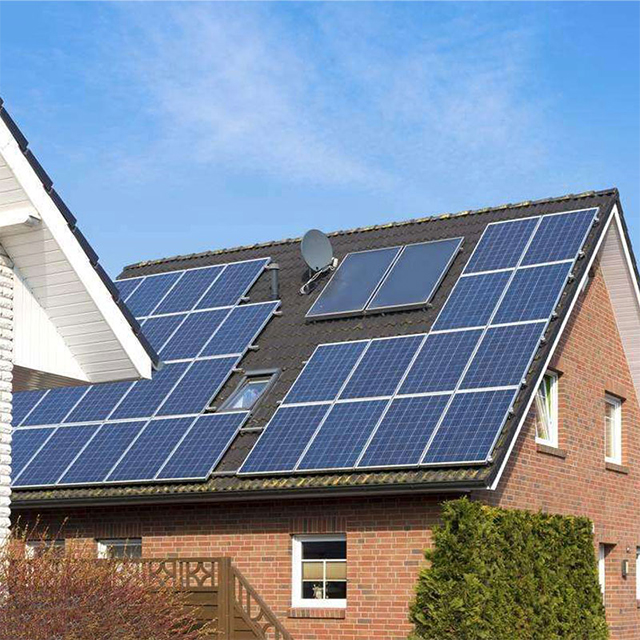
Most homes need between 15 and 25 solar panels to cover all their electricity needs. Your exact number depends on how much energy you use, how much sunlight your home gets, and how much roof space you have. The average U.S. household uses about 10,791 kWh of electricity each year.
Read More 
If you want to pay less for energy and feel safe during blackouts, solar battery storage can help. Many families save up to 15% on their electricity bills. About 63% of U.S. homes can keep their lights on during outages with this technology. How fast you get your money back depends on where you live.
Read More 
You help the environment when you pick solar panels in Germany. Solar power gives 14% of the country’s electricity. This lowers CO₂ emissions and helps clean energy. Most solar systems go on rooftops. This saves land and keeps habitats safe. Good planning can help wildlife do well.
Read More 
Solar panels are a good idea in Germany. Many people use solar energy at home. Private rooftops give more than a third of the country’s solar power. You can get your money back in 7 to 9 years. This is because electricity costs a lot and the government helps. Germany is the top country in Europe for solar ideas.
Read More 




